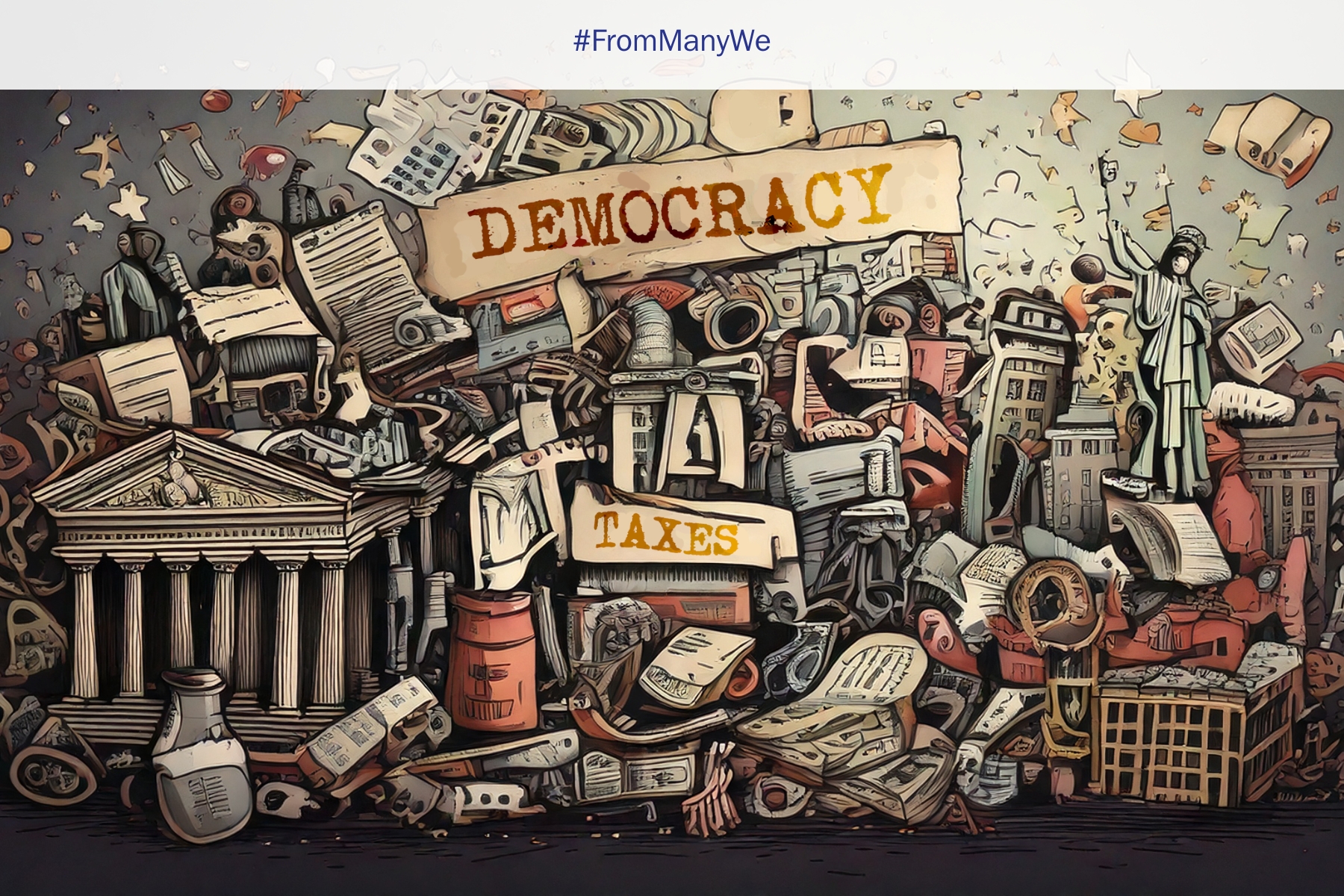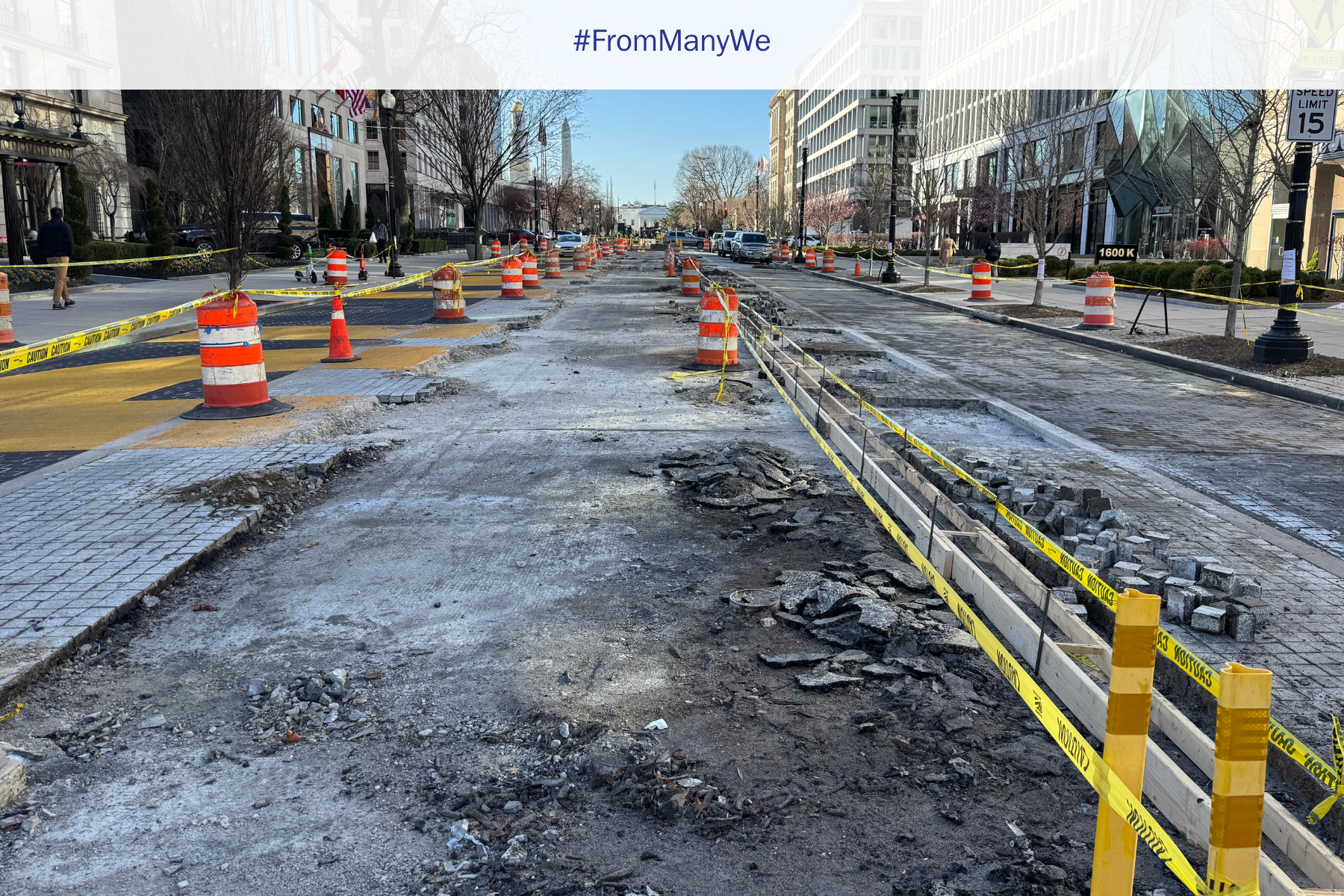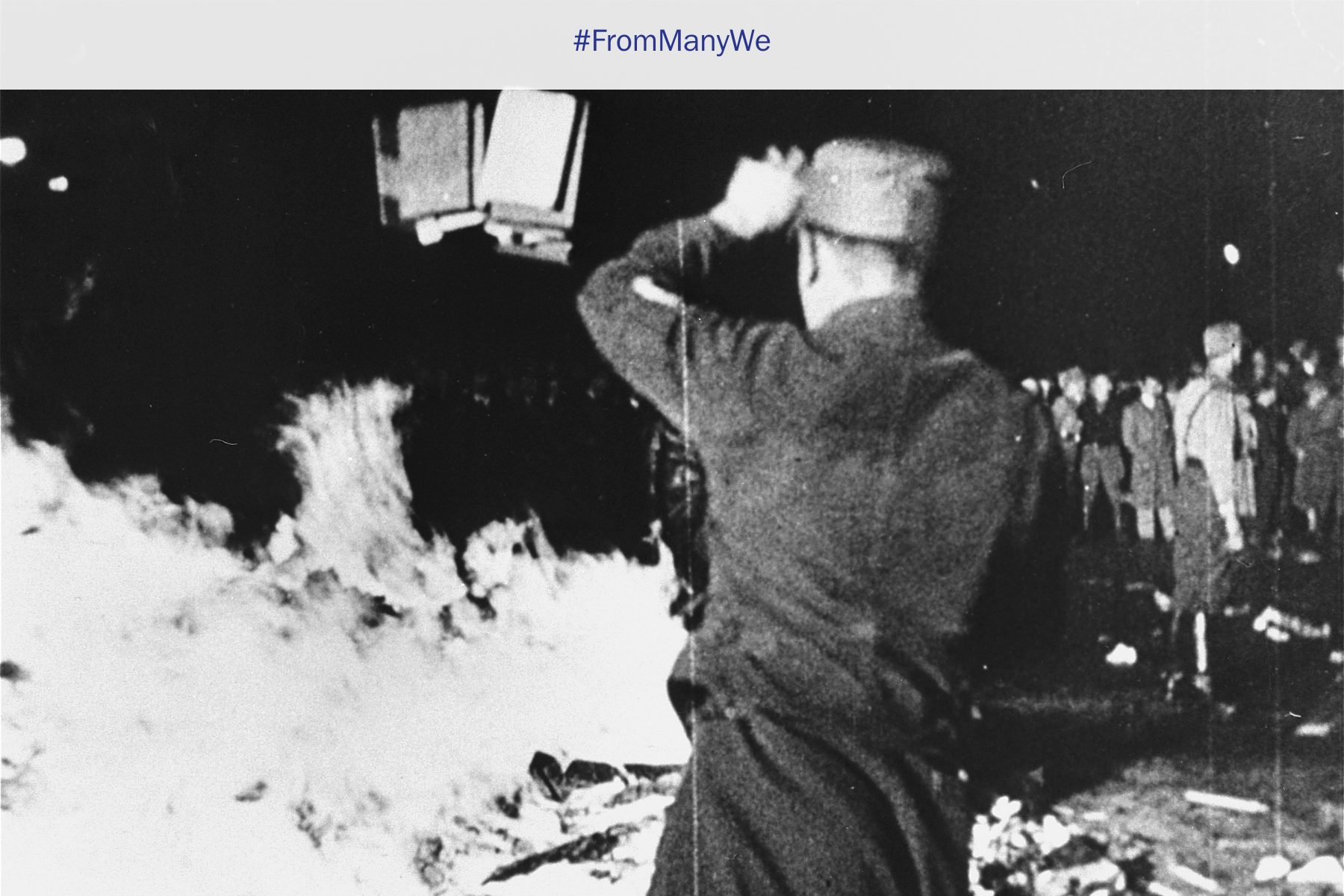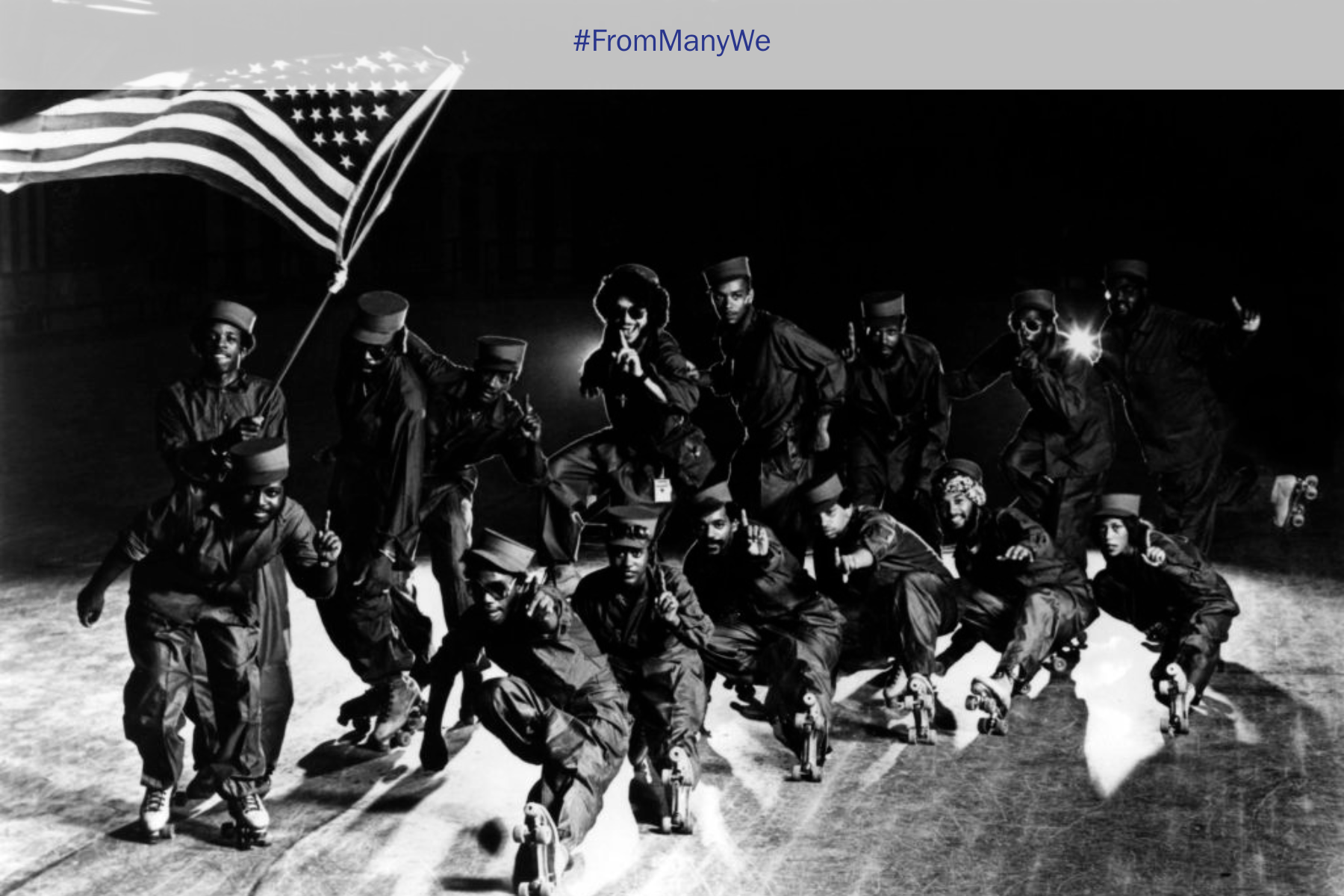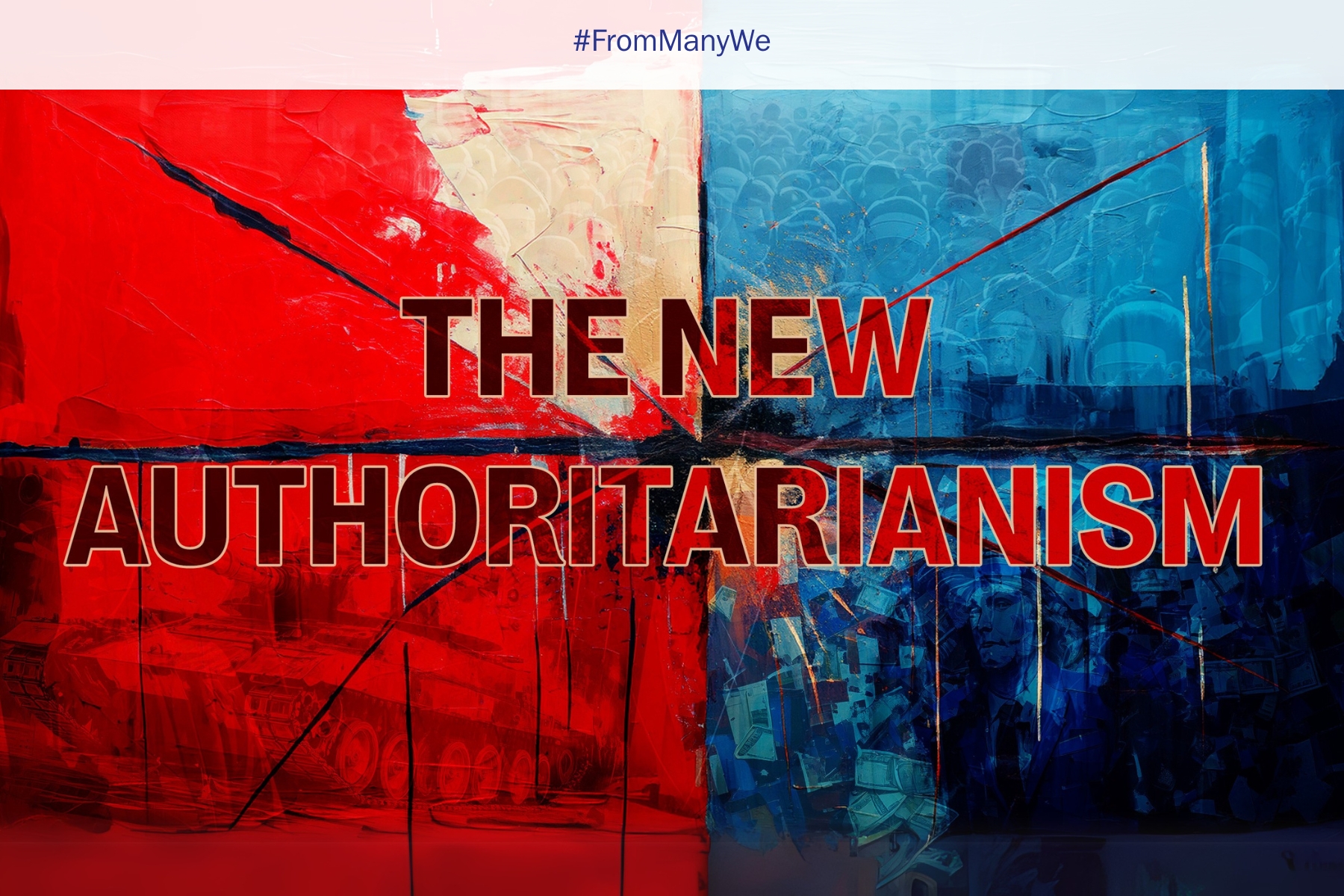The Schedule F Threat to Democracy: A Project 2025 Explainer
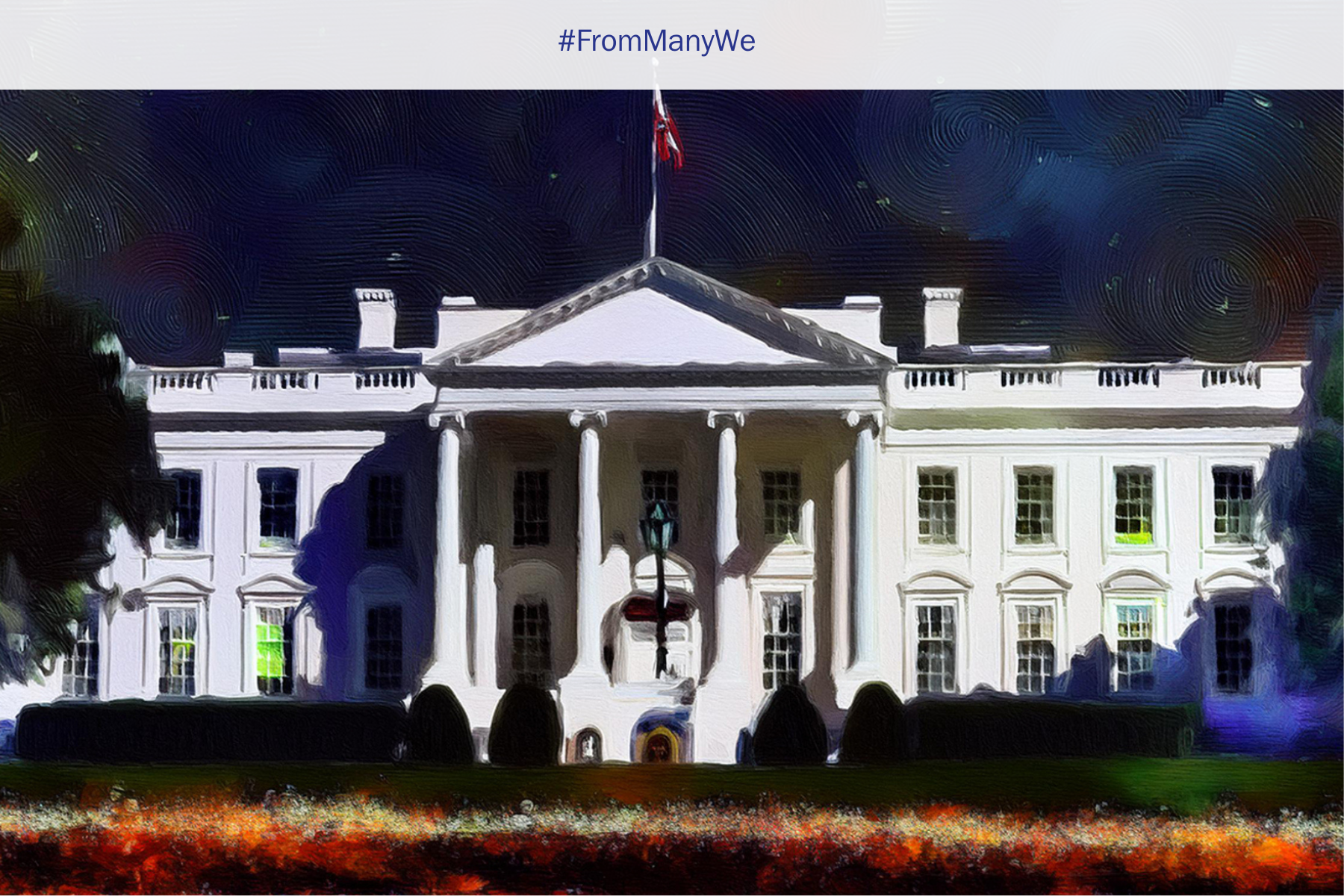
One small change to the rules classifying federal employees could significantly advance the US toward authoritarianism. Project 2025, the Heritage Foundation’s plan to staff the government with far-right movement activists, hinges on an executive order that could be implemented with surprising ease. While much attention has been paid to the initiative’s extremist policy agenda, a rules change called Schedule F would massively expand presidential power and fundamentally change the character of the federal government. Understanding the Schedule F threat is critical to stopping it.
What Is Schedule F?
Schedule F is an executive order that former President Trump issued in October 2020 to remove the employment protections that prevent career government employees from being replaced for partisan reasons. It was rescinded by President Biden as soon as he took office in January 2021. If Schedule F were to be reinstated, the president would be virtually free to fire dedicated civil servants and replace them with loyalists and ideologues.
Although the Project 2025 website does not specifically refer to Schedule F, this obscure rule change is essentially synonymous with the Heritage Foundation’s initiative to install as many as 50,000 conservative movement activists in the government. The reinstatement of Schedule F on “day one” is also the first step of Trump’s campaign platform, Agenda47, under which he plans to “dismantle the deep state.”
How Does Schedule F Threaten Democracy?
By politicizing the civil service, Schedule F could have numerous far-reaching implications for American democracy.
- Abuse of power. Under Schedule F, presidents would be free to reward cronies and even family with jobs or use law enforcement agencies to punish enemies and shut down protests, creating endless opportunities for corruption. Independent agencies that currently provide oversight and accountability, such as the Department of Justice, would be rendered useless.
- Expansion of executive power. Schedule F, which was itself issued by executive order rather than legislation, would enable the president to effectively make policy without Congress. By evoking Schedule F, a president could also refuse to enforce existing legislation. The plan to expand executive power is informed by “unitary executive theory,” which essentially removes any limits to presidential authority and is championed by conservative legal scholars.
- A chilling effect. In a climate where any expression contrary to the president’s ideology could result in termination, government employees would be strongly discouraged from speaking out. Agencies obligated to tell the truth to the American people could be incentivized to suppress the truth and spread misinformation.
- Trust in government. Trust in government is already historically low. By further politicizing the government and creating chaos within it, Schedule F could contribute to further polarization and mistrust, both of which could lead to further democratic backsliding.
According to scholar Don Moynihan, “Schedule F would be the most profound change to the civil service system since its creation in 1883.” Schedule F demands urgent attention from every pro-democracy citizen and organization. Now is the time to raise awareness of this critical threat to American democracy.
Schedule F Resources
- To learn more, Protect Democracy distinguishes Schedule F from legitimate reform efforts.
- Leading policy scholars and former government executives have signed the Working Group to Protect and Reform the US Civil Service Statement voicing their concerns.
- For more on what Schedule F would mean for government performance and accountability, see Donald Moynihan’s Brookings commentary.
- Finally, Donald Moynihan’s short paper provides a more detailed overview of Schedule F and its intellectual underpinnings.
Derek W. M. Barker is a program officer at the Charles F. Kettering Foundation, a political theorist, and the lead editor of the foundation’s blog series From Many, We.
From Many, We is a Charles F. Kettering Foundation blog series that highlights the insights of thought leaders dedicated to the idea of inclusive democracy. Queries may be directed to fmw@kettering.org.
The views and opinions expressed by contributors to our digital communications are made independent of their affiliation with the Charles F. Kettering Foundation and without the foundation’s warranty of accuracy, authenticity, or completeness. Such statements do not reflect the views and opinions of the foundation which hereby disclaims liability to any party for direct, indirect, implied, punitive, special, incidental, or other consequential damages that may arise in connection with statements made by a contributor during their association with the foundation or independently.
